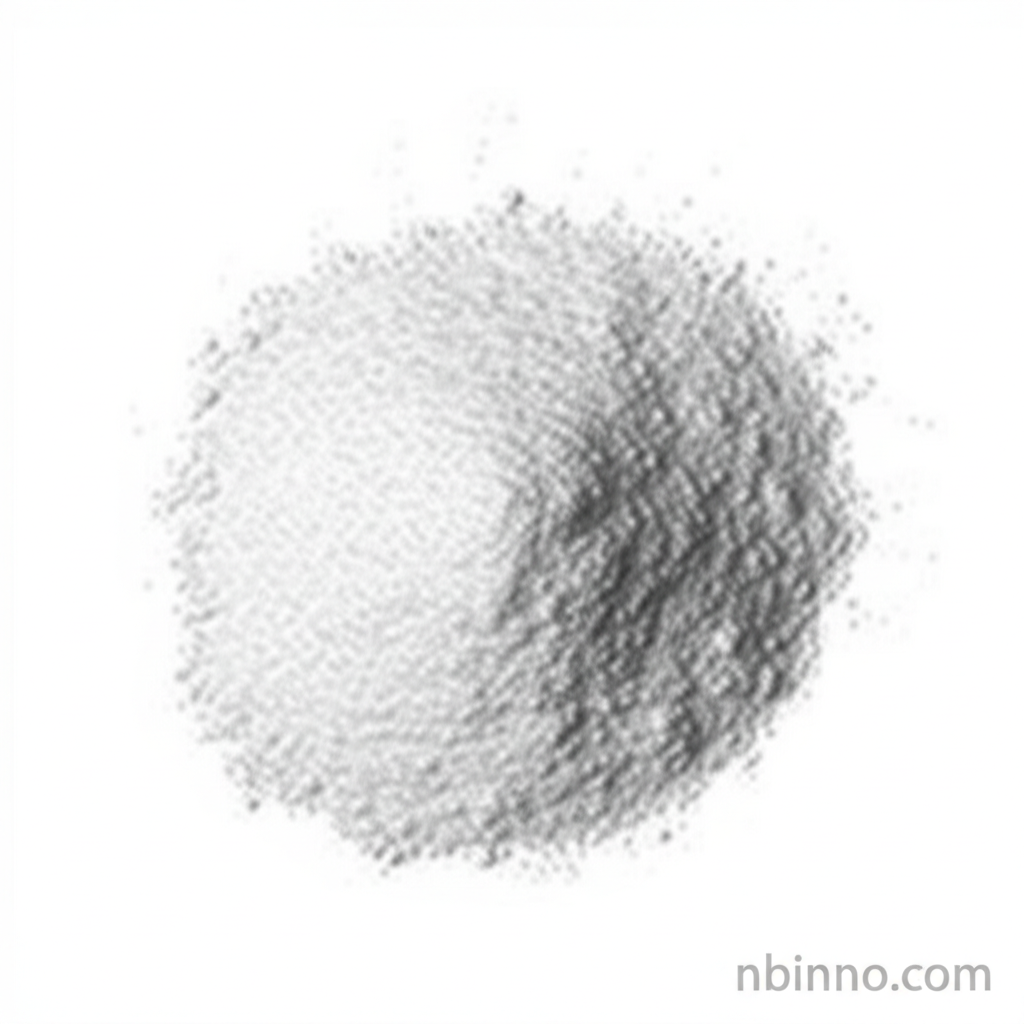Fmoc-Cys-OH: A Cornerstone in Peptide Synthesis
Unlock the potential of sophisticated peptide synthesis with Fmoc-Cys-OH. Discover its critical role in creating complex biomolecules for research and pharmaceutical innovation.
Get a Quote & SampleThe Core Value of Fmoc-Cys-OH

Fmoc-Cys-OH
Fmoc-Cys-OH is a vital N-Fmoc protected derivative of cysteine, essential for solid-phase peptide synthesis (SPPS). Its unique structure, often featuring a trityl (Trt) protecting group on the thiol side chain, provides critical orthogonality, allowing for selective deprotection during peptide chain elongation. As a reliable supplier in China, we provide high-quality Fmoc-Cys-OH that meets stringent industry standards, enabling the efficient and accurate synthesis of peptides with diverse sequences and functionalities.
- Fmoc-Cys-OH applications in research extend to creating therapeutic peptides and complex protein structures, leveraging its role in forming disulfide bonds.
- Our commitment as a manufacturer in China ensures consistent supply and competitive pricing for Fmoc-Cys-OH chemical properties vital for successful peptide assembly.
- Understanding the correct usage of Fmoc-Cys-OH protecting groups is key; the Fmoc group is base-labile, while the Trt group is acid-labile, facilitating orthogonal deprotection strategies.
- The Fmoc-L-Cysteine-OH for peptide synthesis is characterized by high purity and enantiomeric integrity, crucial for obtaining the desired peptide sequence and bioactivity.
Key Advantages of Using Fmoc-Cys-OH
Mild Reaction Conditions
The use of Fmoc chemistry, including with Fmoc-Cys-OH, allows for milder deprotection conditions compared to older methods, reducing the risk of peptide degradation and enabling the synthesis of more complex peptides.
Orthogonal Protection
The combination of the Fmoc group on the amine and a labile side-chain protecting group like Trityl for cysteine is fundamental to solid phase peptide synthesis reagents, ensuring selective removal and controlled peptide assembly.
Disulfide Bond Formation
The thiol group of cysteine, once deprotected, can be oxidized to form disulfide bonds. This is a critical feature for the structure and function of many biologically active peptides and proteins, a process facilitated by reagents like Fmoc-Cys-OH.
Key Applications
Peptide Synthesis
As a primary component in Fmoc-Cys-OH applications, it's indispensable for the step-by-step construction of peptide chains in SPPS.
Biochemical Research
Researchers utilize cysteine derivatives in biochemistry like Fmoc-Cys-OH to investigate protein structure, function, and enzyme mechanisms.
Pharmaceutical Development
The synthesis of peptide-based drugs relies heavily on high-purity amino acid derivatives, making Fmoc-Cys-OH crucial for drug discovery and development pipelines.
Organic Synthesis
Beyond peptides, Fmoc-Cys-OH serves as a valuable chiral building block in various complex organic synthesis projects.
